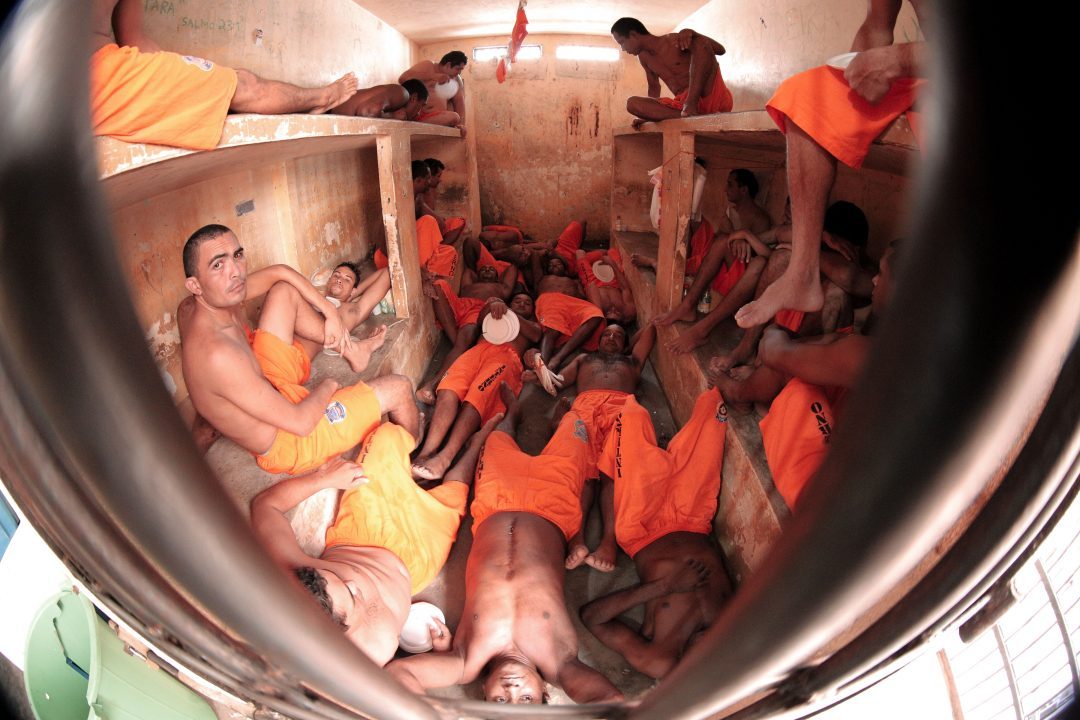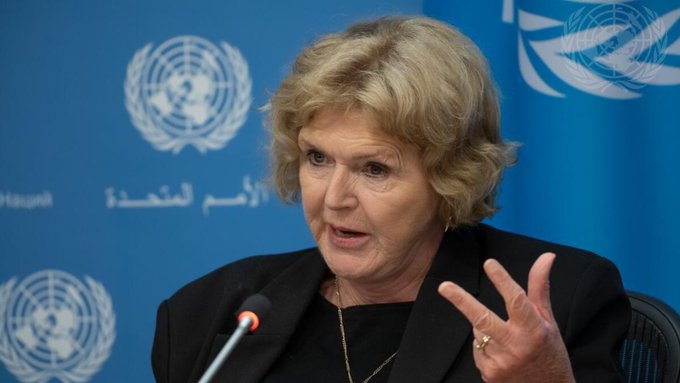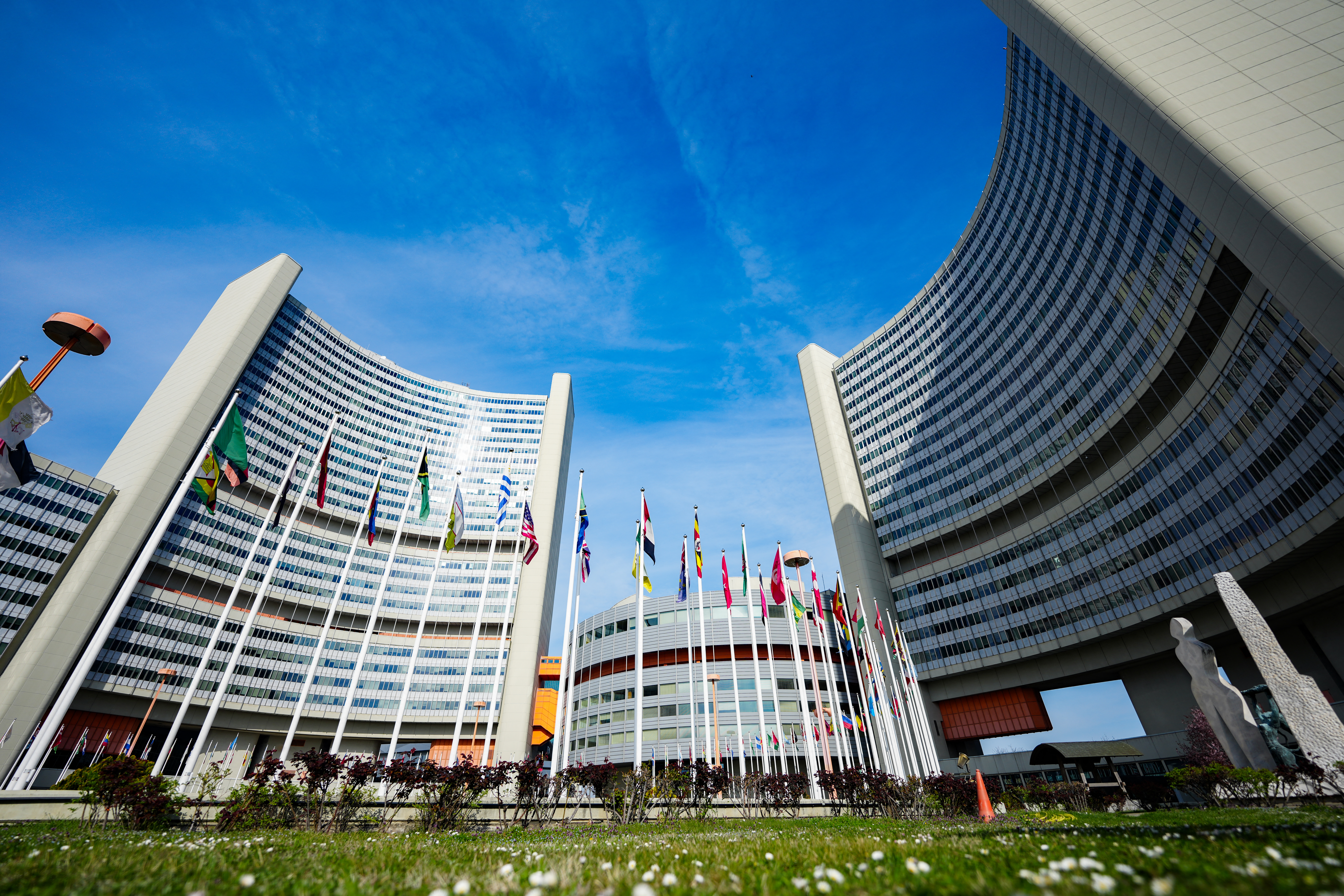How are people in the risk group for Covid-19 treated in the prison system?
Crowded conditions and lack of basic precautions or testing at detention centers compromise society as a whole

“There are 30 prisoners isolated from the rest waiting for confirmation. There are employees in tears, saying they have families and they are scared of catching the virus. And we don’t have anyone. The only thing we have left is prayer. To ask God to protect us.”
The Facebook group “Love Behind Bars” shares the letters and anxieties of prisoners sent to their families. The excerpt above is an example of the impact of the novel coronavirus pandemic on Brazil’s detention centers.
According to the latest official data, Brazil has a prison population of nearly 755,000 people. The number of available prison places, however, is just over 442,000. But the overcrowding is not the only problem. In the prison system, for example, cases of tuberculosis are 35 times more prevalent than in the general population, according to one study conducted by the Pública agency with data from the Ministry of Health.
Added to the inadequate food, water and hygiene and the lack of testing, the lethality of the novel coronavirus is five times higher among prisoners than the rest of society, which also affects prison staff, their families and, subsequently, all society.
Until the last week of May, according to data from Depen (National Prison Department) of the Ministry of Justice and Public Security, there had been 1,079 confirmed cases of infection and 35 deaths in detention centers. But the numbers could be higher, since the data are not updated frequently and the lack of testing compromises the analysis.
Transfer of the risk group to house arrest
On March 17, the CNJ (National Justice Council) published a recommendation for judges to release or transfer to house arrest people convicted of non-violent crimes who are in the risk group for Covid-19, such as elderly prisoners and pregnant or breastfeeding women. In April, Depen reported that 30,000 people had benefited from this measure, but the release orders did not always follow the criteria established by the CNJ.
Lawyers, public defenders and human rights advocacy groups like Conectas are pressing for the recommendation to be observed, but the opposition to the measure by the Brazilian population could be an obstacle.
An example of this was evident in the video of the cabinet meeting held on April 22, released by the Supreme Court, in which President Jair Bolsonaro said: “[Minister Sérgio] Moro was outraged by the release of these people. Because of the virus, they let rapists out.” The then minister – who resigned just two days later – was present at the meeting but did not comment on the matter.
The new Minister of Justice, André Mendonça, who took office on April 29 and has no experience in public security, did not reveal his plans for the prison system during the pandemic at his swearing-in ceremony.
In the article “The Brazilian prison system in the context of the Covid-19 pandemic”, the researcher Kátia Sento Sé Mello, of the Federal University of Rio de Janeiro (UFRJ), noted that punitivism and violence have always underpinned political decisions in the country and have proven ineffective for five centuries. Now, by ignoring vulnerable groups in detention centers, besides being ineffective, they also are contributing to the spread of the pandemic.


